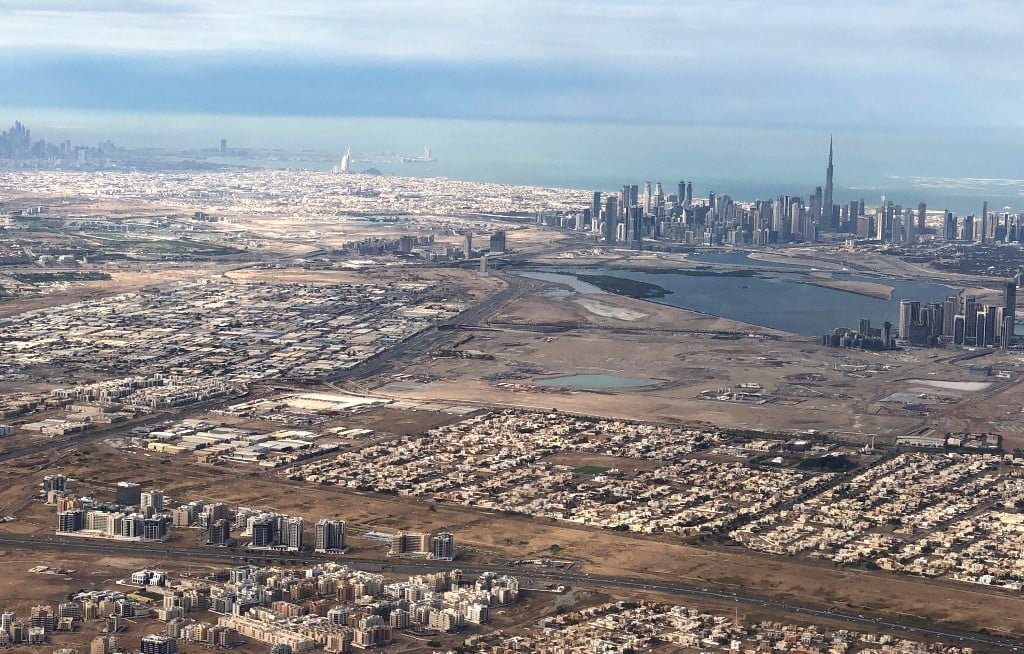A Strategic Step Towards Safety
In a powerful and precautionary move, Israel has evacuated its diplomatic personnel from the United Arab Emirates, acting swiftly after identifying a heightened security risk. This decision reflects a strong commitment to the safety of Israeli diplomats abroad, particularly in regions where evolving political dynamics can quickly affect ground realities.
The move came after growing concerns around security threats emerged in the region, prompting Israeli authorities to review and reassess the safety protocols for its foreign missions. Rather than taking any chances, the Israeli government opted for immediate relocation of its diplomats, emphasizing a “safety first” approach.

Protecting Lives Over Protocol
Diplomatic missions often function in complex environments, where risk is a constant part of operations. However, when the threat level escalates beyond routine caution, governments must make decisive calls—and that’s exactly what Israel did.

Although the evacuation is temporary, it signals how seriously Israeli officials are taking the latest intelligence. It also underscores a broader theme: no diplomatic engagement is more important than the safety of the individuals serving their country abroad.
By acting proactively, Israel demonstrated its readiness to protect its people, even if it means interrupting its diplomatic presence temporarily. This move was not just logistical—it was deeply human. Behind every diplomat is a family, a team, and a nation determined to shield them from harm.
Security Challenges in a Changing Landscape
The Middle East is no stranger to fast-changing security conditions. While the UAE has long been considered a relatively safe environment for foreign missions, the current situation appears to have shifted just enough to raise red flags.
Though specific details about the nature of the threat have not been made public, security agencies were reportedly quick to advise precautionary measures. The fact that Israel responded so quickly speaks volumes about the seriousness of the risk and the efficiency of its threat-detection mechanisms.
The current geopolitical atmosphere, especially with increased tensions across borders and the potential for spillover effects from regional conflicts, could be contributing factors. In such a landscape, the decision to prioritize the security of diplomatic staff becomes not only strategic but essential.
Temporary Absence, Long-Term Commitment
While Israeli diplomats have left the UAE for now, sources indicate that this is far from a breakdown in relations. On the contrary, diplomatic ties between Israel and the UAE remain intact and strong. The decision to evacuate is viewed as a temporary step, a calculated pause rather than a retreat.
Israel and the UAE established formal diplomatic relations under the Abraham Accords, and since then, both countries have engaged in expanding trade, technology cooperation, tourism, and cultural exchange. This incident is unlikely to derail the progress made so far. If anything, it may reinforce the importance of clear communication and cooperation on security matters.
Both governments are expected to continue dialogue during this period, with remote coordination taking the place of on-ground operations until the security situation stabilizes.
Emotional Toll on Diplomats and Families
Diplomatic service is often seen as prestigious, but it comes with its own unique emotional and physical challenges. For the Israeli diplomats stationed in the UAE, the decision to leave would not have been taken lightly. Some may have had to abruptly leave behind friends, local staff, homes, or even unfinished projects.
The sudden evacuation likely brought a wave of anxiety—not just for the diplomats but for their families back home. A decision of this nature reminds us that beneath the official titles and roles are real people whose lives are impacted in very human ways.
Israeli officials have ensured that psychological support and assistance are made available for affected personnel, recognizing that sudden changes in security status can leave emotional residue.
A Message to the World: Israel Stands Guard
By executing this evacuation with speed and precision, Israel is sending a clear message to the world: the safety of its people is non-negotiable. It’s also a testament to the nation’s intelligence and security infrastructure, capable of making rapid assessments and acting decisively.
This approach aligns with Israel’s broader policy of maintaining high alertness when operating in international territories. From embassies to trade missions, each arm of Israel’s foreign representation operates under a robust framework designed to respond to emerging threats.
The evacuation also highlights the need for constant situational awareness, even in allied nations or peaceful regions. Security risks don’t always come with warning signs, and the best defense often lies in being a step ahead.
Looking Ahead: When Will Diplomats Return?
While no official date has been provided for the return of Israeli diplomats to the UAE, there is optimism that this move is temporary. Security evaluations are ongoing, and the situation is being monitored closely.
The UAE, too, has shown cooperation and understanding in this regard, acknowledging the decision as a sovereign right to ensure safety. The Emirati government is believed to be working alongside Israeli counterparts to investigate and mitigate any threats that prompted the withdrawal.
When conditions are deemed secure once again, the return of the diplomats is expected to be swift and seamless, reinforcing both nations’ shared interest in maintaining their growing partnership.
Diplomatic Bonds Built on Trust and Transparency
Despite the temporary evacuation, the diplomatic relationship between Israel and the UAE remains rooted in mutual respect and open communication. In fact, this incident could lead to even stronger bilateral coordination on security and crisis response strategies.
Such moments of challenge often test the durability of diplomatic ties. In this case, both nations have responded with maturity and discretion, showing the world that true diplomacy isn’t just about ceremonies or agreements—it’s about supporting each other in times of uncertainty.
The transparency with which this situation has been handled—without dramatization or diplomatic friction—is a testament to how far relations between the two countries have come.
Resilience and Readiness in a Volatile World
In today’s global landscape, diplomacy is as much about resilience as it is about dialogue. Israel’s swift action in the UAE is a reminder that in the face of unpredictable risks, nations must be prepared to act with agility and clarity.
The move has not only ensured the safety of its people but also strengthened the image of Israel as a nation that puts humanity before diplomacy when necessary. It shows a commitment to both security and dignity, a balance that is increasingly difficult to maintain in today’s turbulent world.
Conclusion: A Pause, Not a Pullback
What unfolded in the UAE is not a diplomatic withdrawal—it’s a necessary pause grounded in precaution. Israel’s evacuation of its diplomats is a story of courage, foresight, and responsibility.
In a region where every decision carries weight, this bold step reflects a nation’s unwavering focus on the well-being of its representatives. It’s also a story that underscores the emotional and logistical complexities of international service—a human tale set against a backdrop of politics and power.
As the situation evolves and security improves, the return of the Israeli diplomats will likely mark a new chapter in the growing partnership between Israel and the UAE—one built not only on diplomacy but on mutual trust, shared values, and a joint commitment to safety and peace.
Do follow UAE Stories on Instagram
Read More: Discover Dubai’s Top 3 Seafood Spots Loved by Locals















